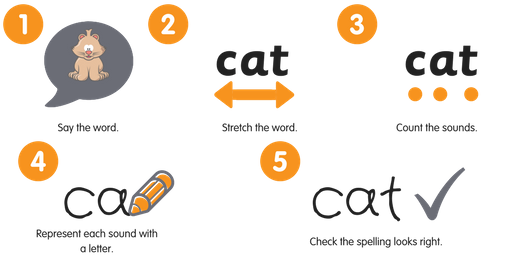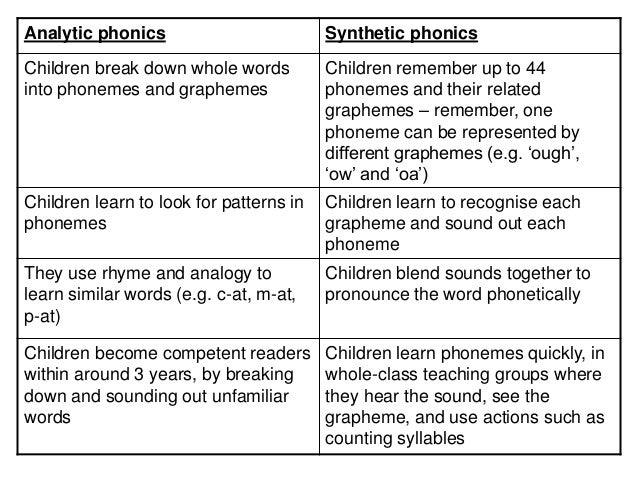Module 6 Definitions
Invented Spelling - a process which allows students to write even before they can read during the emergent stage.

By using invented spelling, children learn, improve, and practice their reading and writing skills. As children are still learning and practicing which letters make which sound, this stage of development helps them.
Word Walls - a collection of words which are displayed in large visible letters on a wall, bulletin board, or other display surface in a classroom.
Word walls are important/useful because students can use the words as a reference during reading and writing, which makes them function more independently in the classroom while also serving as a reference tool. Additionally, word walls can help studetns see patterns and differences in words.
Word Sorts - a basic word study routine in which students group words into categories. Involves comparing and contrasting within and across categories.

Word sorts help students find order, compare, and contrast words while also pushing them to pay attention to what aspects remain the same despite miscellaneous (often small) variations in the whole of the words they are sorting.
Orthography - the writing system of a language - specifically the correct sequence of letters, characters, or symbols.

Orthography is important because it helps reinforce pronunciation in the study of language and phonics for students. It also serves as a uniform spelling system for students to study of a given language.
Morphemes - units in the spelling of words, such as the suffix -ed, which signals past tense, or the root in words.

Helping children understand morphemes is important because they serve as the building blocks of the language students will study. For students to progress their understanding of English, the must first develop and progress their understanding of English morphemes.
Phonemes - the smallest unit of speech that distinguishes one word from another.

Understanding phonemes is critical to the success of skilled reading. Students must understand phonemes in order to understand unknown words while reading, and phoneme manipulation is perhaps one of the most important phonemic awareness skills to develop for that reason.
Synthetic Phonics - phonics instruction that begins with individual sounds and the blending of sounds to form words.

This method of teaching phonics and reading skills is important because it ensures that most all children learn to read quickly and skillfully. It also teaches students the connection between sounds (phonemes) and letters.
Analytic Phonics - word study that divides words into their elemental parts through phonemic, orthographic, and morphological analysis.

Analytic phonics is important because it teaches children about important letter combinations that symbolize specific sounds (i.e. long vowel sounds).

By using invented spelling, children learn, improve, and practice their reading and writing skills. As children are still learning and practicing which letters make which sound, this stage of development helps them.
Word Walls - a collection of words which are displayed in large visible letters on a wall, bulletin board, or other display surface in a classroom.
Word walls are important/useful because students can use the words as a reference during reading and writing, which makes them function more independently in the classroom while also serving as a reference tool. Additionally, word walls can help studetns see patterns and differences in words.
Word Sorts - a basic word study routine in which students group words into categories. Involves comparing and contrasting within and across categories.

Word sorts help students find order, compare, and contrast words while also pushing them to pay attention to what aspects remain the same despite miscellaneous (often small) variations in the whole of the words they are sorting.
Orthography - the writing system of a language - specifically the correct sequence of letters, characters, or symbols.

Orthography is important because it helps reinforce pronunciation in the study of language and phonics for students. It also serves as a uniform spelling system for students to study of a given language.
Morphemes - units in the spelling of words, such as the suffix -ed, which signals past tense, or the root in words.

Helping children understand morphemes is important because they serve as the building blocks of the language students will study. For students to progress their understanding of English, the must first develop and progress their understanding of English morphemes.
Phonemes - the smallest unit of speech that distinguishes one word from another.

Understanding phonemes is critical to the success of skilled reading. Students must understand phonemes in order to understand unknown words while reading, and phoneme manipulation is perhaps one of the most important phonemic awareness skills to develop for that reason.
Synthetic Phonics - phonics instruction that begins with individual sounds and the blending of sounds to form words.

This method of teaching phonics and reading skills is important because it ensures that most all children learn to read quickly and skillfully. It also teaches students the connection between sounds (phonemes) and letters.
Analytic Phonics - word study that divides words into their elemental parts through phonemic, orthographic, and morphological analysis.

Analytic phonics is important because it teaches children about important letter combinations that symbolize specific sounds (i.e. long vowel sounds).
References
Bear, D. B., Invernizzi, M., Templeton, S., & Johnston, F. (2011). Words their way:
Word study for phonics, vocabulary, and spelling instruction (6th ed.). Upper Saddle
River, NJ: Pearson.
Comments
Post a Comment